12. Olkhon Island (Russia)
Baikal, the world’s deepest lake, is known for its ancient origins, mysterious witch doctors, and the third largest lake-island on the planet. And while the austere and weather-beaten Olkhon is not in any glossy travel brochure, as soon as the ice begins to melt from the crumbling roads, locals flock to the tiny port at Sakhyurta. There awaits a small but extraordinary fleet.
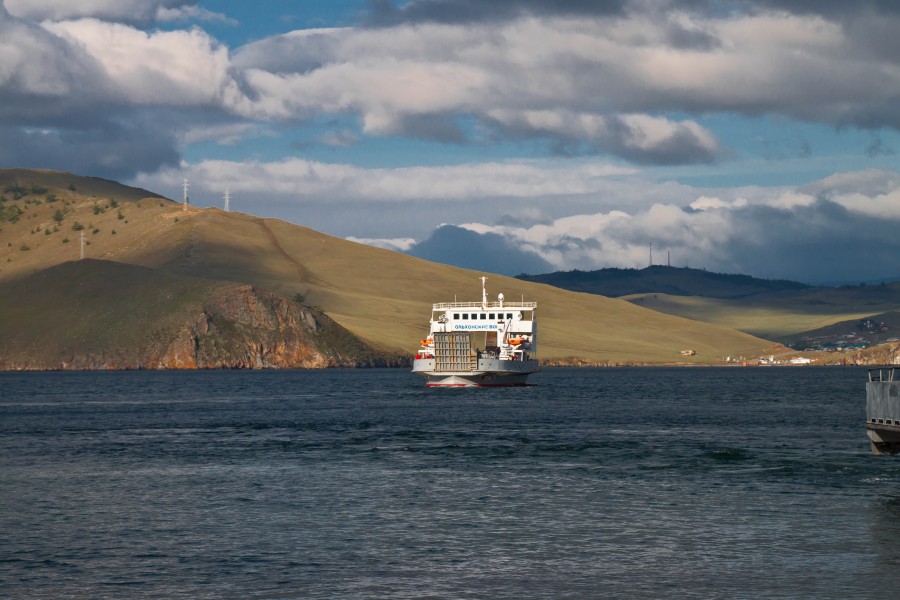
The Dorozhnik can only take 6 cars, but the Olkhonskie Vorota and the Semyon Batagaev have enough capacity for 17. For those who prefer to camp without a vehicle (no hotels here, of course), the fleet includes the most retrofuturistic hydrofoil ever – the epic Soviet Kometa.
And if Siberian summers are not adventurous enough for you, the savage winter offers the perfect opportunity to ride on the Soviet passenger hovercraft Barguzin. Sold to Panama after the collapse of the USSR, this wonderful vessel survived the 2015 Hurricane Katrina, before returning to its homeland to resume service on the icy waters of Baikal.
11. Star Ferry (Hong Kong, China)
A world away from the vast Siberia is the sub-tropical megapolis of Hong Kong, home of what is perhaps the most recognizable ferry on the planet. Following Britain’s acquisition of the Kowloon Peninsula in 1860, the Parsee merchant Dorabjee Nowrojee set up a daily service across the harbor. The first four vessels (named Morning Star, Evening Star, Rising Star, and Guiding Star) gained such popularity that Nowrojee’s successors renamed his Kowloon Ferry Company to the now-iconic Star Ferry.
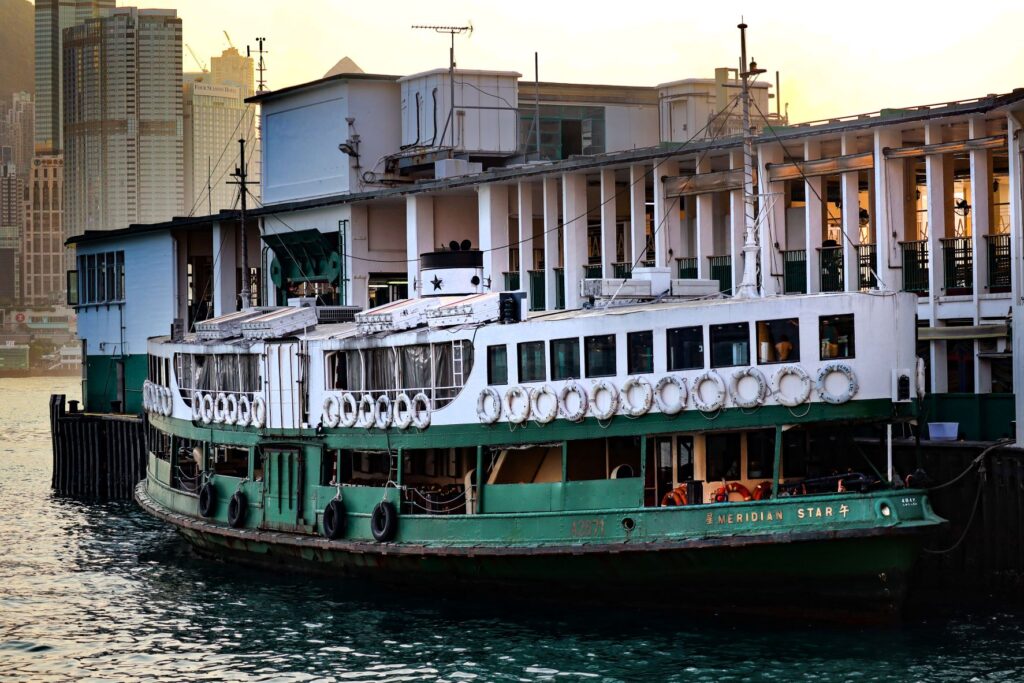
Curious fact – as the Imperial Japanese Army invaded Hong Kong in 1941, the Star Ferry continued operation under intense bombardment, evacuating civilians and soldiers from Kowloon. The ensuing occupation was the first and only time, since Nowrogee’s first steamboat, when the trusty old vessels ever disappeared from Victoria Harbour.
10. Lake Pichola (India)
Our planet abounds with breathtaking views, but a sunset on the waters of Udaipur’s Lake Pichola requires its own adjective. An artificial reservoir, created in the 14th century, the lake turned out so picturesque that Maharana Udai Singh decided to build a city on its banks, modestly naming it after himself.
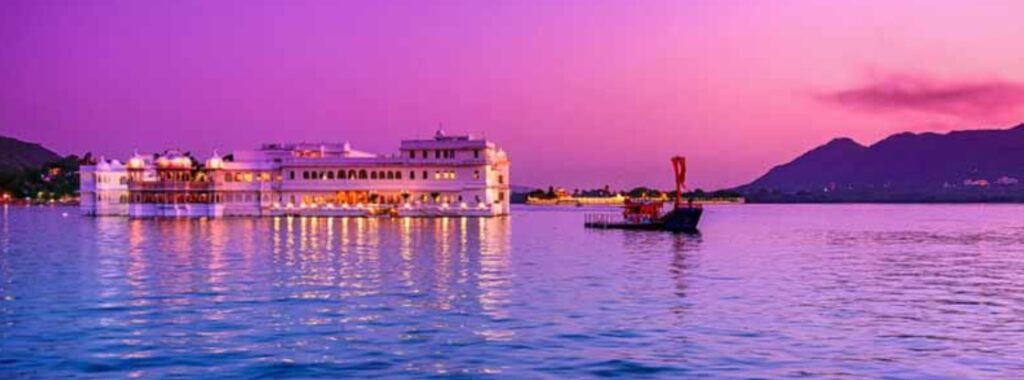
In the centuries that followed, other monarchs raised several intricately designed palaces, like Jag Mandir and Jag Nivas, which nowadays still give travelers that special flutter in the stomach, which makes one feel like Indiana Jones. Choosing which boat route to take is both impossible and unnecessary – each one is a must.
9. Selenge River Cable Ferry (Mongolia)
Flowing into Lake Baikal from landlocked Mongolia is the river Selenge, known for its wild temper and catastrophic floods. But from times unremembered, locals have tamed this same destructive force to power an ancient cable ferry, nailed together from two crude pirogues and a few thick planks. This simple but indispensable vessel uses the water flow for propulsion, a prehistoric method as reliable as the river itself. Rudimentary as it seems, the contraption is robust enough to haul heavy-duty logging trucks with several tons of cargo.
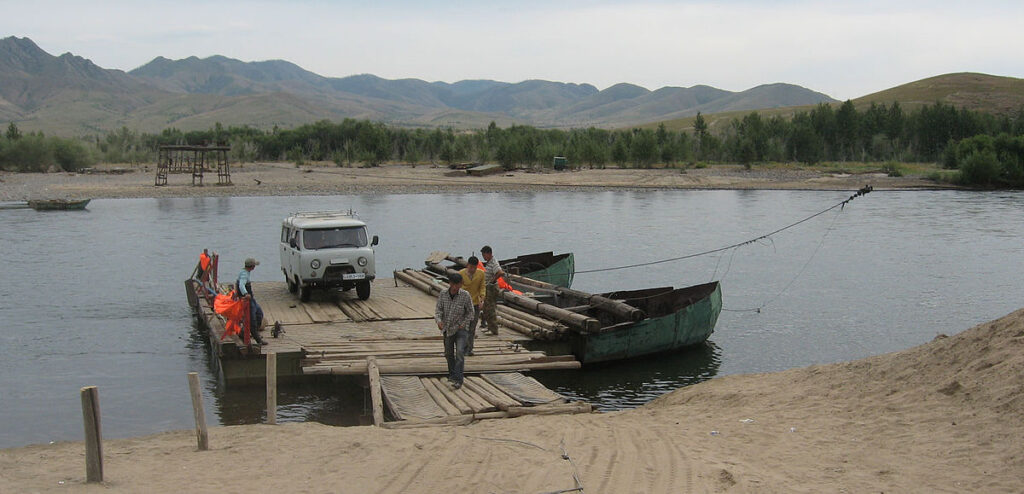
8. Yarlung Tsampo (China)
You might have guessed already that life is no picnic in Inner Asia, but even for local standards, the Himalayan region of Tibet is as tough and rugged as it gets. And while the Brahmaputra River is more famous as a bustling thoroughfare in downstream India and Bangladesh, its ancient source lies in Tibet, where locals call it Yarlung Tsampo.
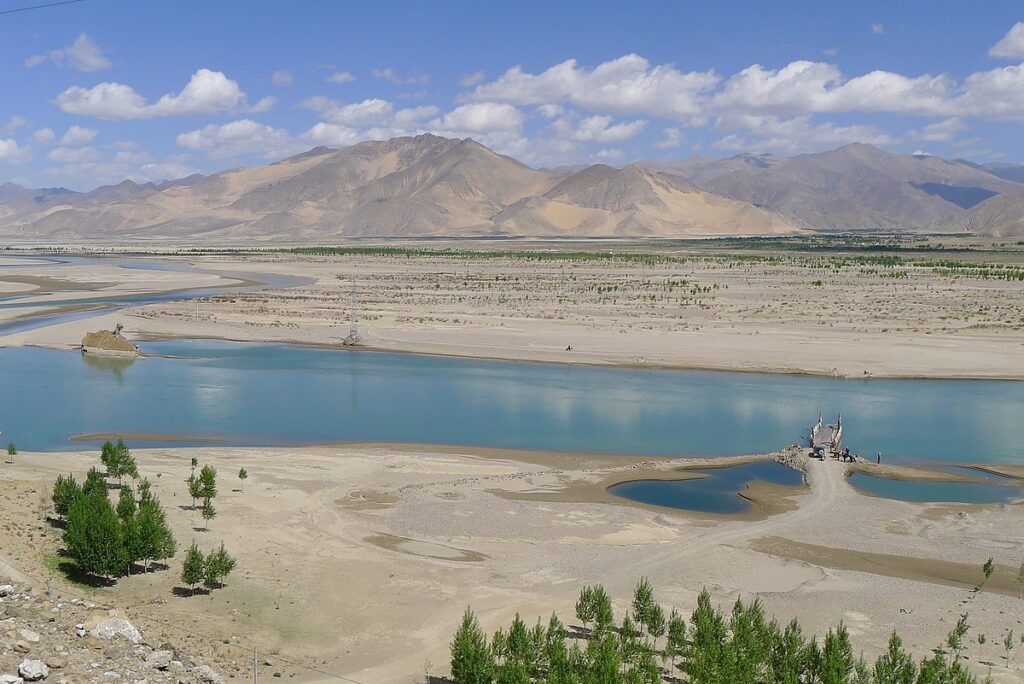
Up here, the only way to cross the holy river is a ramshackle ferry fleet, made of wood and rusty iron, both of which are scarce materials in this remote and barren region. And even though there isn’t much to carry around, delivering basic necessities to isolated communities is a matter of life and death, so these humble vessels play a big role in local life.
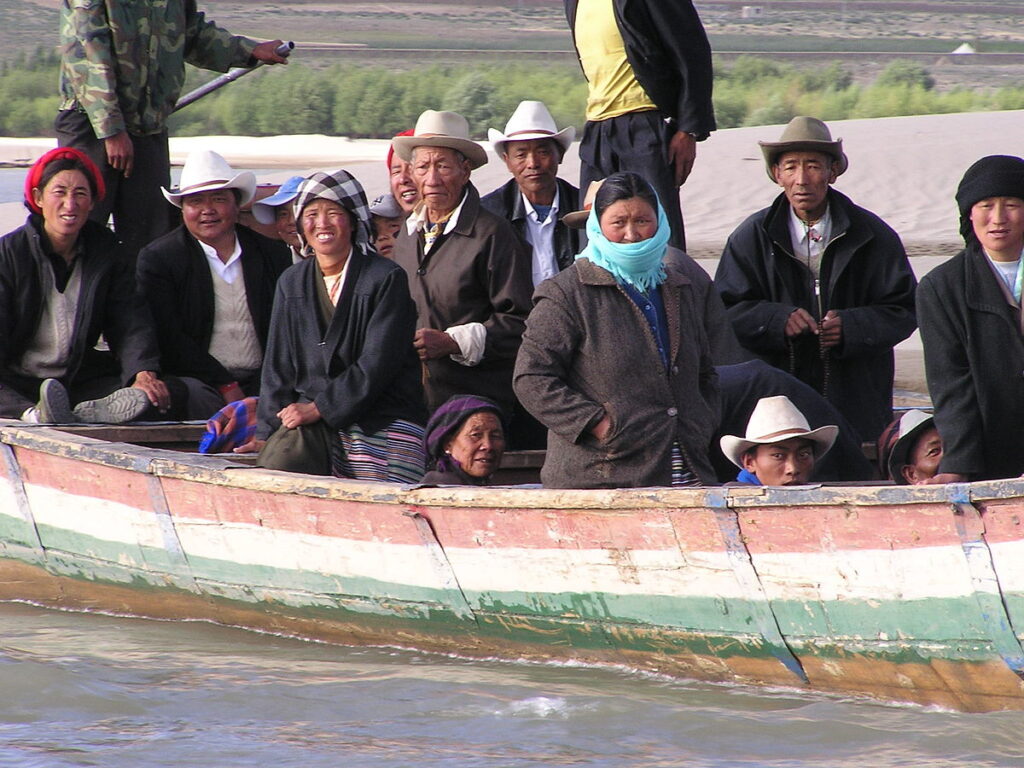
7. Chao Phraya (Thailand)
With a myriad of spectacular Buddhist temples scattered all over Bangkok, its numerous but unassuming ferries get little to no attention. Yet, watching those same temples from the Chao Phraya River amplifies the experience to another level. Whether you are out sightseeing, or just trying to escape the grand city’s relentless heat, hopping on one of these well-rusted boats is always the right thing to do.
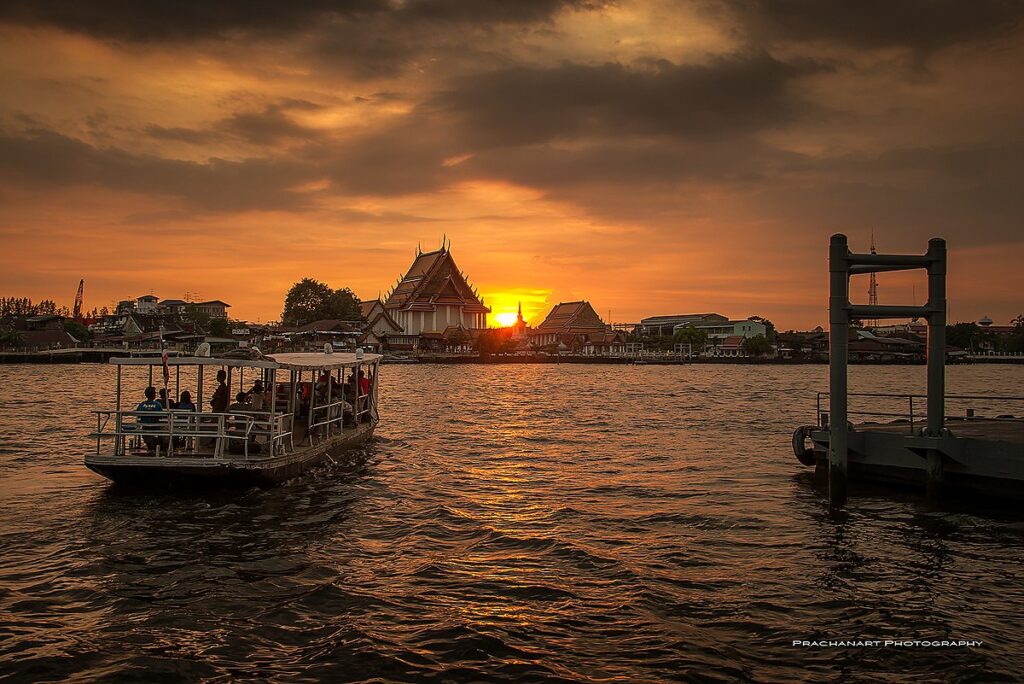
6. Baku to Aktau (Azerbaijan/Kazakhstan)
Like many things in the former Soviet republics, much about the Caspian Sea ferry is relative. She is a cargo ship, later converted to carry passengers and vehicles, and despite being one of precious few transcontinental links in the vicinity, she sails on a floating schedule. Buying tickets is a quest on its own, but not quite as much as having to spend between a few hours and a couple of days at port, waiting for the ship to get port clearance. In short – a must for any maritime adventurer.
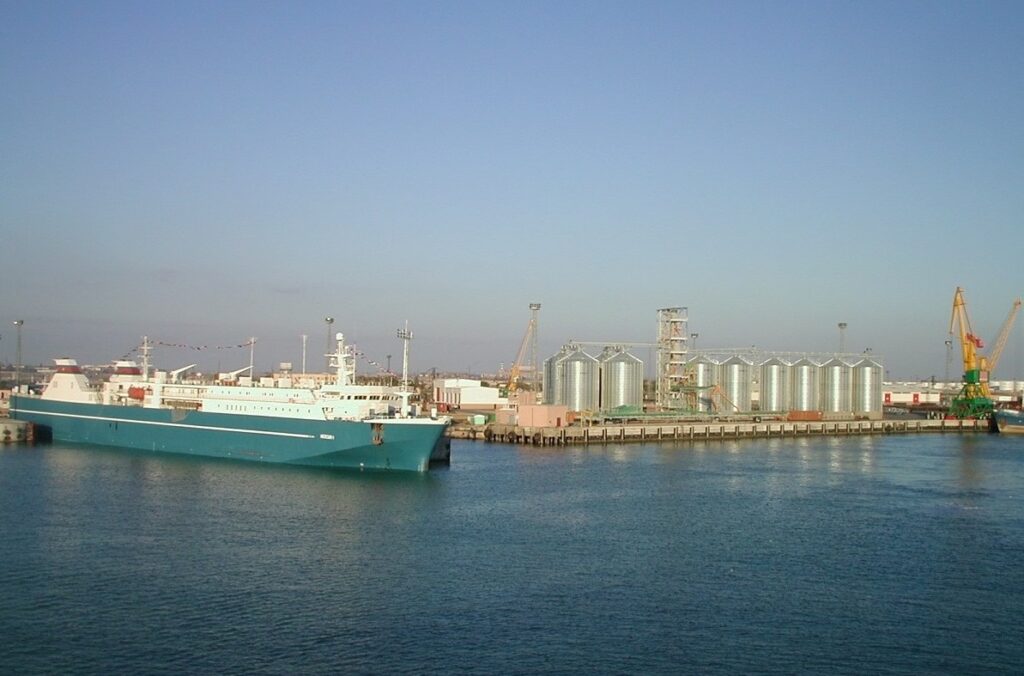
5. Blagoveshchensk – Hehei Hovercraft (Russia/China)
I cannot hide my fascination for cross-border ferries, many of which are either historic, technical, or political curiosities. The Amur River hovercraft are all of the above. Only a few decades ago, the Sino-Soviet border got so tense that a frontier skirmish at the Ussuri River almost led to an all-out war between the two communist superpowers.
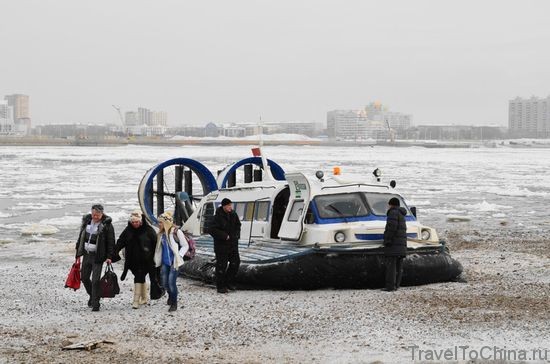
Today, trade has replaced ideology to such an extent that crossing the river is not only visa-free for residents, but an attraction in its own right. The Chinese side has recently introduced a fleet of modern air-cushion vehicles to take day-trippers safely through the often-frozen Amur. Add to this the remote land-locked location, and this ride easily ends up on my bucket-list.
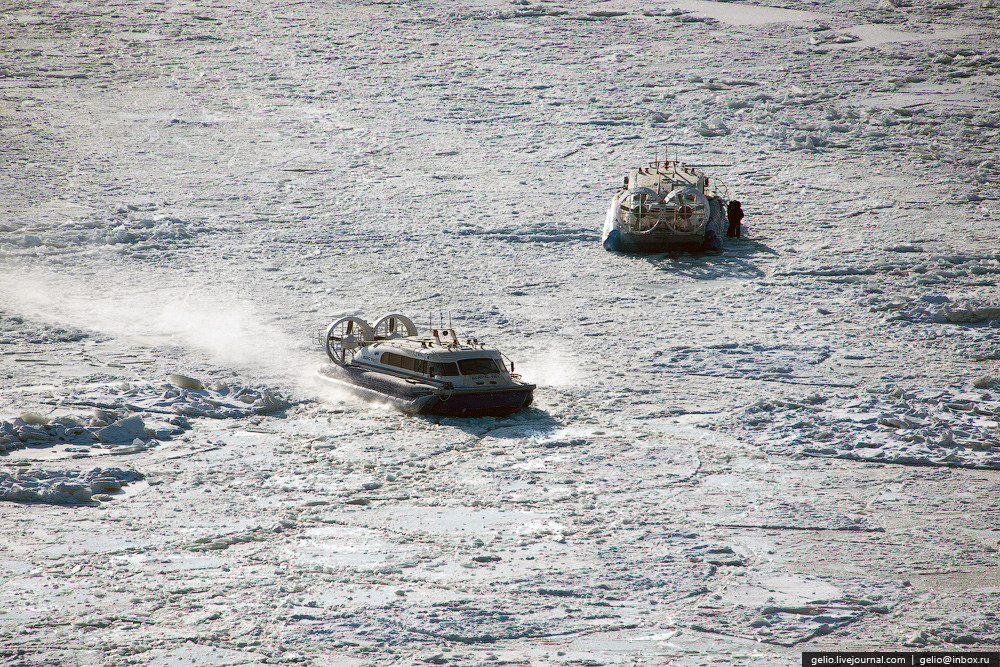
4. The Abra (UAE)
Dubai’s wooden mini-ferries have been hauling people across the Creek for three centuries. The abra was originally propelled with oars but is now equipped with a rudimentary, loud, and absolutely charming diesel engine. The steering system utilizes a few ropes, pulleys, and levers, while the skipper shares a cockpit with the rattling engine, leaving just enough room for passengers to squat together like the pearl divers of yore. Equally popular among tourists and locals, the abra is the least expensive and most entertaining way to cross the Creek.
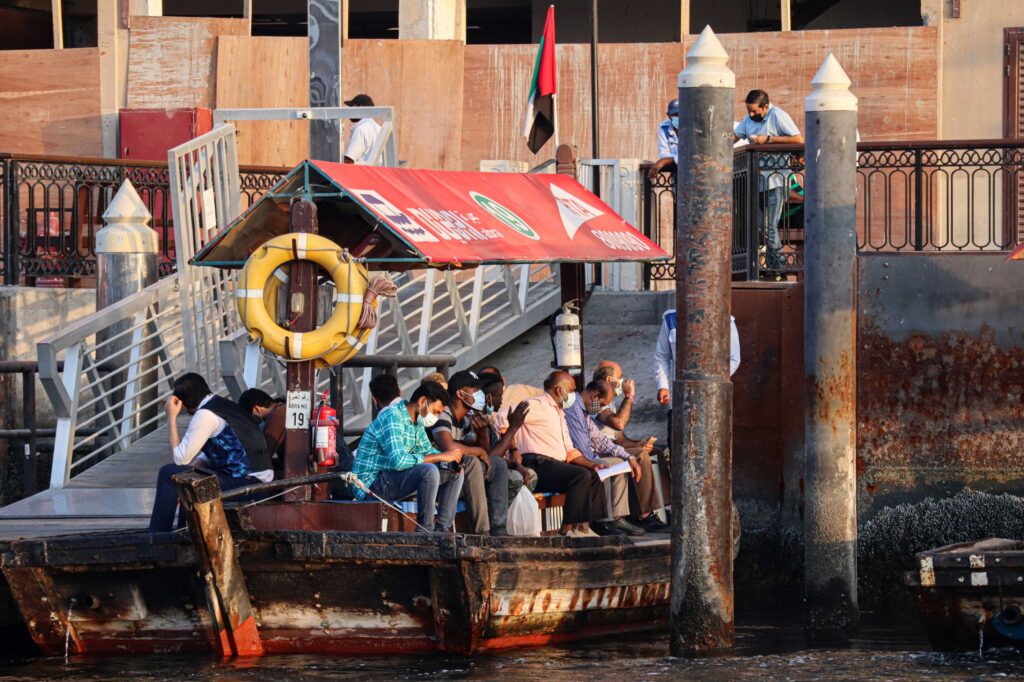
3. Sadarghat Port (Bangladesh)
Everything seems to be afloat in Dhaka, the capital of Bangladesh and a swarming megacity on the Ganges Delta. And indeed, with a population of more than 10 million, Dhaka’s hysterical ferry system is both shocking and unsurprising.
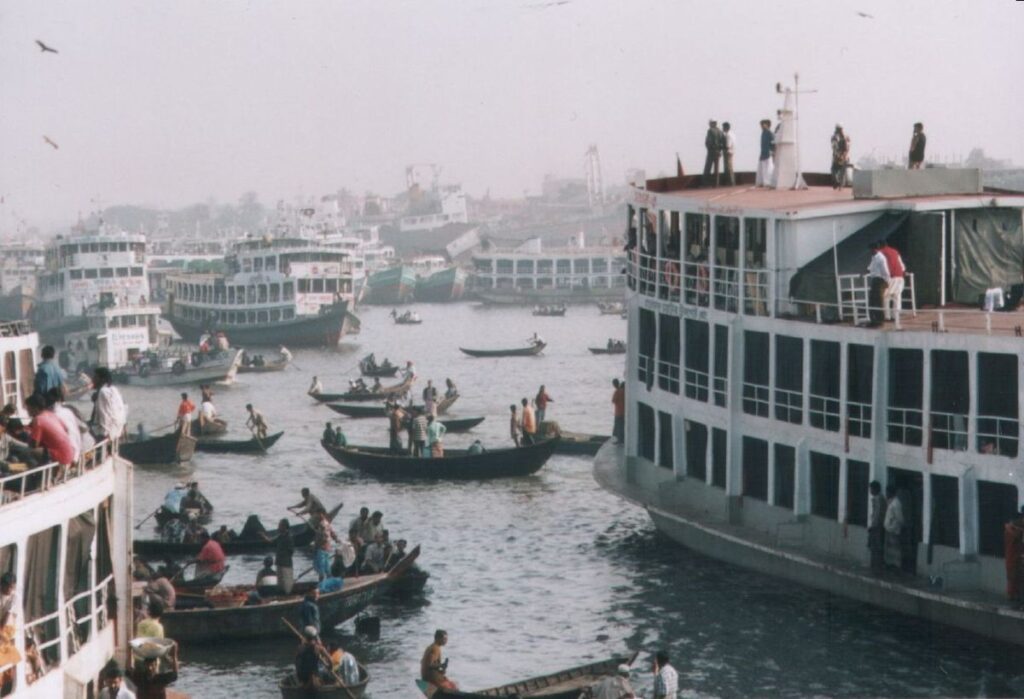
On major holidays, the crowds surge to the port, fighting for a place on one of the many overloaded boats, which barely wait for everyone to jump aboard before steaming away. To many locals, this is nothing more than a daily commute. For the rest of us, it must be one of the most extreme ferry rides on any list.
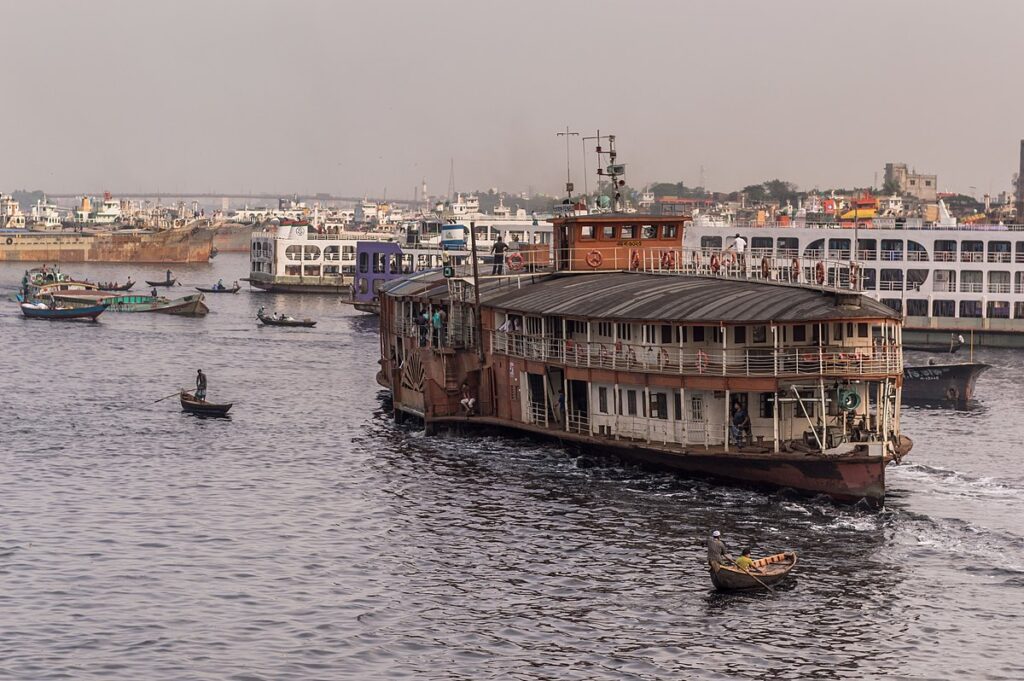
2. A Soviet Machine in the Tropics
Perhaps the most curious heritage of the USSR is its technology – born of ambition, plagued by ideology, and immortalized by its rugged quality. Combine the latter with the global reach of the hammer and sickle, and you will hardly be surprised to find an iconic Soviet Raketa still flying on the waters of Saigon River in Vietnam. This curious workhorse gallops daily between the frantic Ho Chi Minh City and everyone’s favorite weekend beach getaway Vung Tau. Not only is the legendary hydrofoil as good as new, but (if the stars align) it also offers wi-fi and TV on board. But you didn’t come all the way to watch movies, did you?
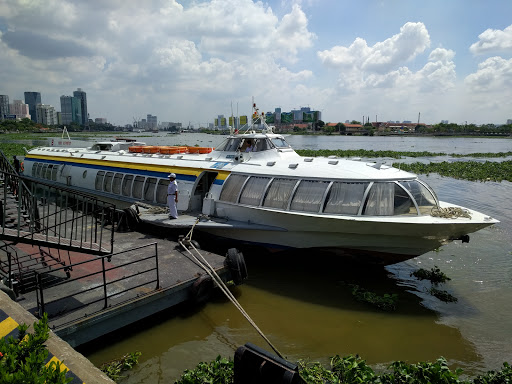
1. The Oshima Hydrofoil (Japan)
The Izu Archipelago is a group of volcanic islands with natural… Never mind, this one is all about the hardware. Developed by Boeing in the 1970s, the semi-submerged hydrofoil achieves the same dizzying speed as a regular one, without the dizzying effect. Her ability to make “banked” turns (much like an airplane) offers improved stability, altitude control, and passenger comfort, without sacrificing any of its 40 knots.
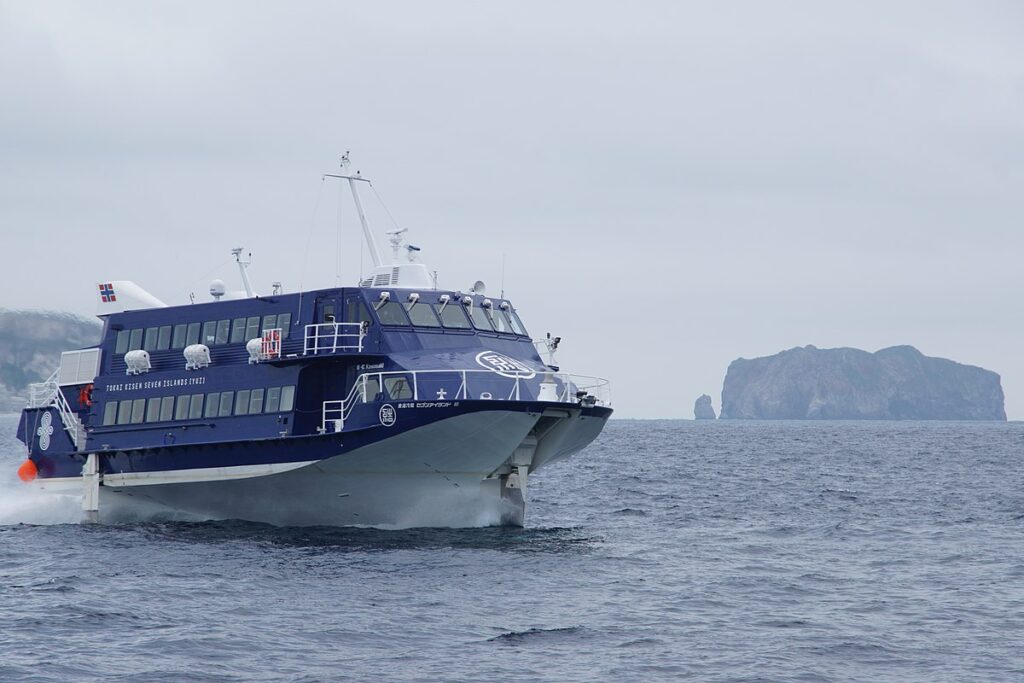
Thanks to the unique design, the vessel can handle much taller waves and shallower waters than conventional hydrofoils, reducing the costs for building specialized infrastructure at port. And because this is Japan, she is also as quiet as a dishwasher, allowing her passengers to gaze out the windows undisturbed. The islands are not bad, either.
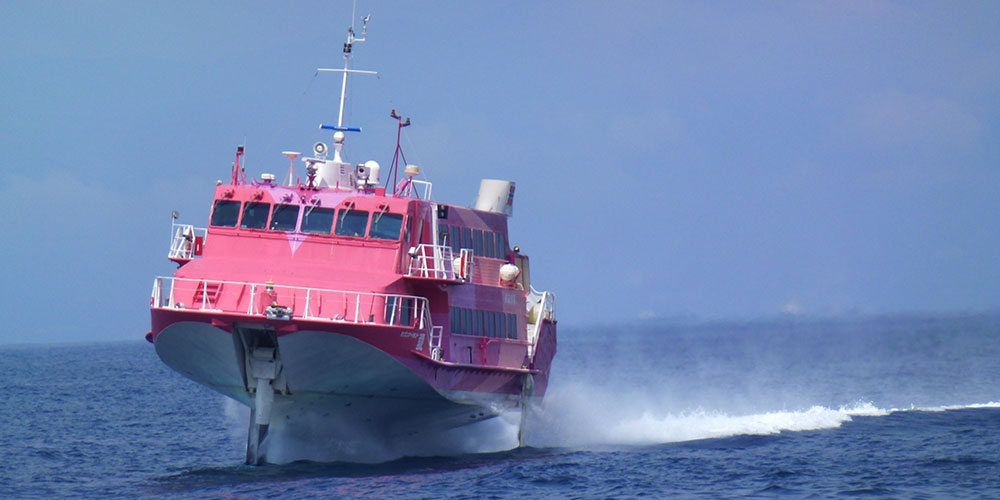
So, if you liked these curious machines – good news! The next episode will show you the coolest ferries in Central and South America. So, dust off your dancing shoes and subscribe to be el primero to find out when the new article is out!
Missed Part 1? Click here to read it!
The Shipyard
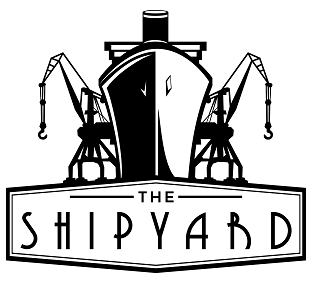
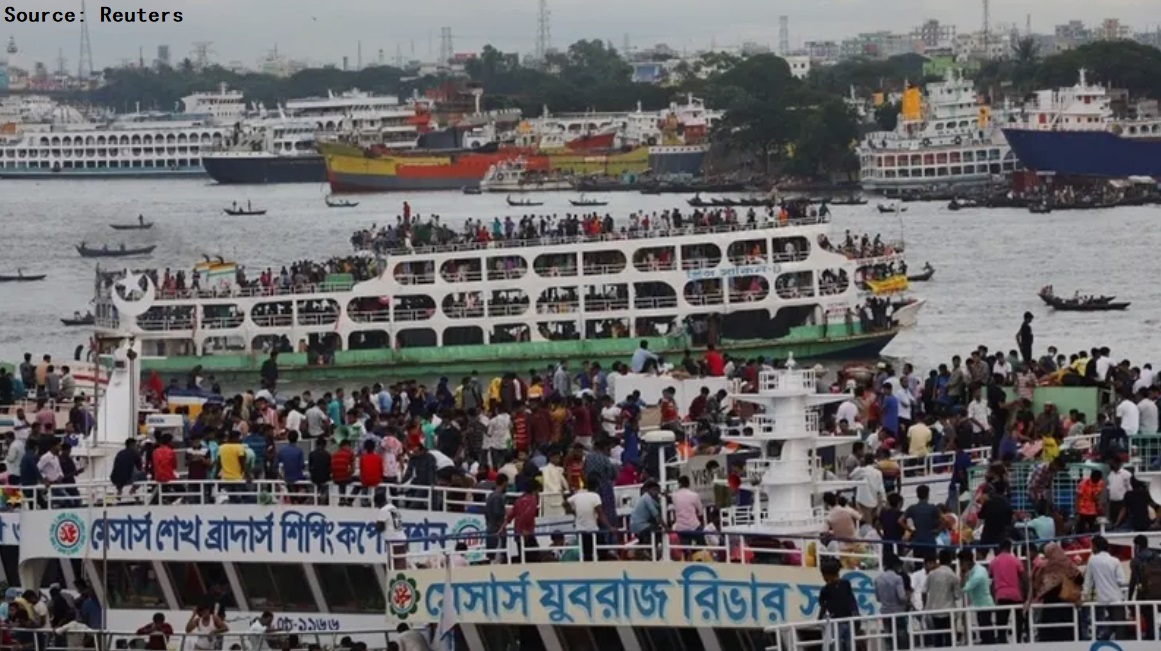
So intersting! Wish we could see the soviet kometa in action!
Glad you found it interesting!